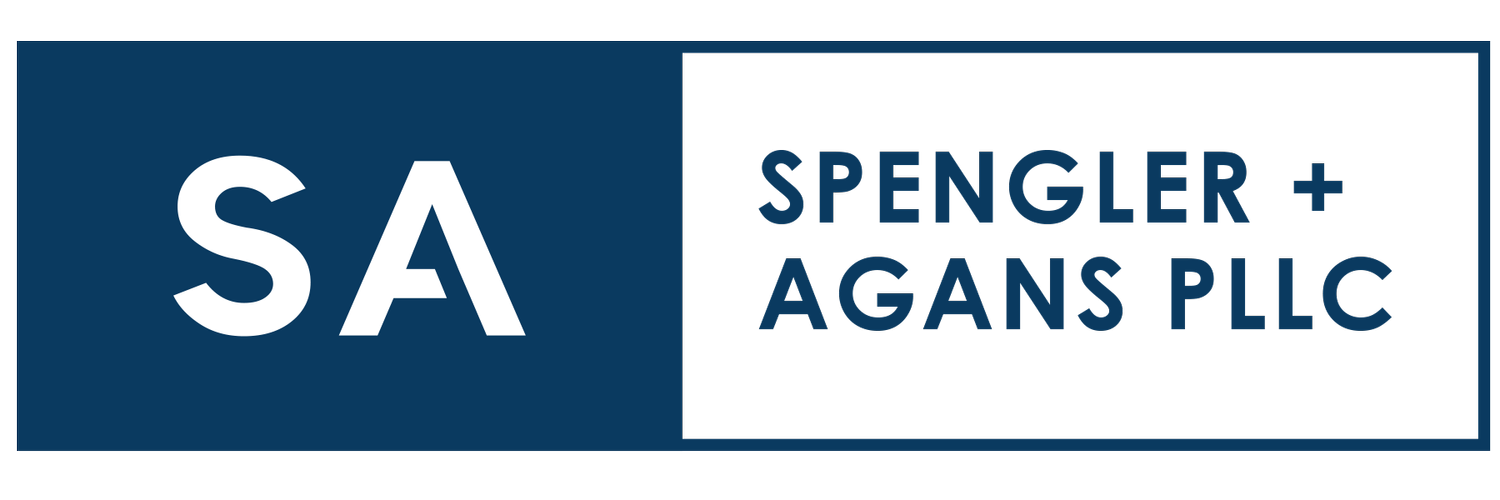Startup Strategies: Why Every Small Business Must Protect Their Trade Secrets
Startups and small businesses must constantly push to outdo their competition, or they can quickly become former competition. Trade secrets can be the key to prevent business extinction. What happens if the competition steals your ideas, plans, and products? Trademarks, copyrights, and patents can protect big parts of a small business, but how do you protect the secret sauce?
One of the biggest trade secrets in the world was, in fact, McDonald's secret sauce used on Big Mac's. Trade secrets can cover spots between trademarks, patents, and copyrights. Trade secrets cover everything from the Google Search algorithm to Colonel Sanders' special mix of KFC herbs and spices.
Startups can keep some of their most valuable assets protected with a few simple moves.
What is a trade secret?
The law can be vague when you want a specific answer, but this vague answer helps cover a lot of what a business does. In fact, trade secrets extend outside of the United States, too. The legal definition is any formula, pattern, plan, process, or device known to its owner and business that gives an advantage over competitors; a secret formula used in the manufacture of a particular product that is not known to the general public.
That can cover so many things, but many businesses will consider things like email lists and customer contact information as their most important trade secrets. Brewers can cover their beer recipes with trade secrets, and a restaurant can make a delicious recipe proprietary. A makeup company could protect the formula on a face cream and the identity of the overseas chemical manufacturer with stellar quality control. Knowing what to do and what not to do is a business asset that in some cases can be protected.
If your company has spent years perfecting a business practice, that experience may be a trade secret. That trade secret is actually property right. A trade secret can be sold, used to secure a business loan, and can increase business valuations.
Trade secrets are interesting in that there are no filing fees, no governmental authorization, no applications, and no time limit. However, the protections can be weaker. Independent discoveries and reverse engineering is OK under trade secret law.
How do startups protect trade secrets?
Businesses have to take affirmative steps to protect trade secrets. After all, if it's not secret, how can it be a trade secret? Startups must be particularly careful to cover their trade secrets early. This is not something you can try to protect years down the line. Publicized trade secrets aren't protected.
A startup must take reasonable precautions in order to protect the trade secret. While Coca Cola may keep their recipe for their namesake drink in a high-tech vault to prevent losing trade secret protection, most startups likely need to worry about employees, independent contractors, and third parties divulging the valuable information. Third parties can be anything from manufacturers to investors.
Nondisclosures, noncompetes, nonsolicitations, and confidentiality agreements
If you are sharing the secret sauce with a marketing agency, you will need them to sign a nondisclosure agreement to maintain protection. It doesn't matter if the startup is still working on starting up. A consulting company may love your idea and use your secret to illustrate where the market is headed. That kills your trade secret protection, and potentially your company's future.
Employees are most frequently the source of lost trade secrets. Clearly label protected materials will keep happy employees from accidentally sharing it with others. Disgruntled employees may take the trade secrets on the way out and head to the nearest competitor or even start their own business. The only thing worse than losing employees is finding out you are now competing with them, and they have your client lists and know exactly how to undercut your prices.
Keep important information on a "need-to-know" basis. Employment agreements must address trade secret protections, including in reasonable and limited noncompete, nonsolicitation, and confidentiality clauses. Practical considerations, like password protected files, locking paperwork, and tracking file usage can both limit exposure and show a business has taken reasonable steps to protect their trade secrets.
Steps for businesses that want to protect trade secrets
Trade secrets are similar to copyrights in that businesses don't need an attorney every time a potential issue arises. Instead, businesses need a competent, robust policy for how to protect their trade secrets. A consultation and review of agreements will cover nearly every potential issue a startup will see in the future. Potential issues range from current to future vendors, employees, independent contractors, and consultants to practical protections over potentially protectable business intelligence. Startups and businesses should consult with an attorney to develop a plan and policy to maintain trade secrets.
If interested in protecting trade secrets, copyright, trademarks, or reviewing your company's intellectual property-related policies, contact our attorneys. Spengler Agans Bradley offers a flat-rate legal checkup for startups and business needing a broad, overall legal review of their business and business practices.
To contact us, or to sign up for our newsletter, please visit our Contact page or reach out to the relevant attorney directly through their bio page. In addition, you can find primary contacts for each practice area by visiting our Areas of Practice page.

